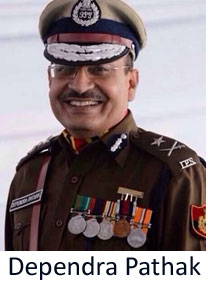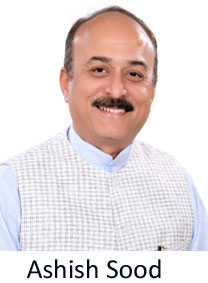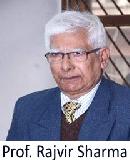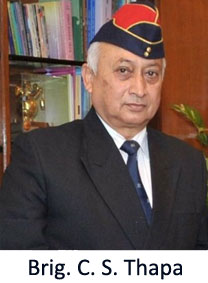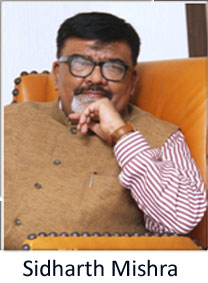Delhi, being the capital of India, is one of the fastest growing cities, which has witnessed unprecedented growth of both human and vehicular population over the years. Besides, Delhi being the administrative capital of the country and commercial hub, has become an important centre of politics, cultural and trading activities. All the events happening abroad or in any part of the country have a conspicuous bearing on the situation in the capital, which is reflected in the traffic scenario of the city.
Today, the population of Delhi exceeds 200 lakhs (approx.), vehicular population is approx. 105 lakhs and road length is 33,198 kms. Traffic management in Delhi is a Herculean task for Delhi Traffic Police. The task of traffic management has become difficult due to mixed traffic on the roads, unplanned growth of the city, lack of pedestrian facilities, erratic behavior of road users, shortage of parking spaces, unsatisfactory road conditions, etc. etc.

